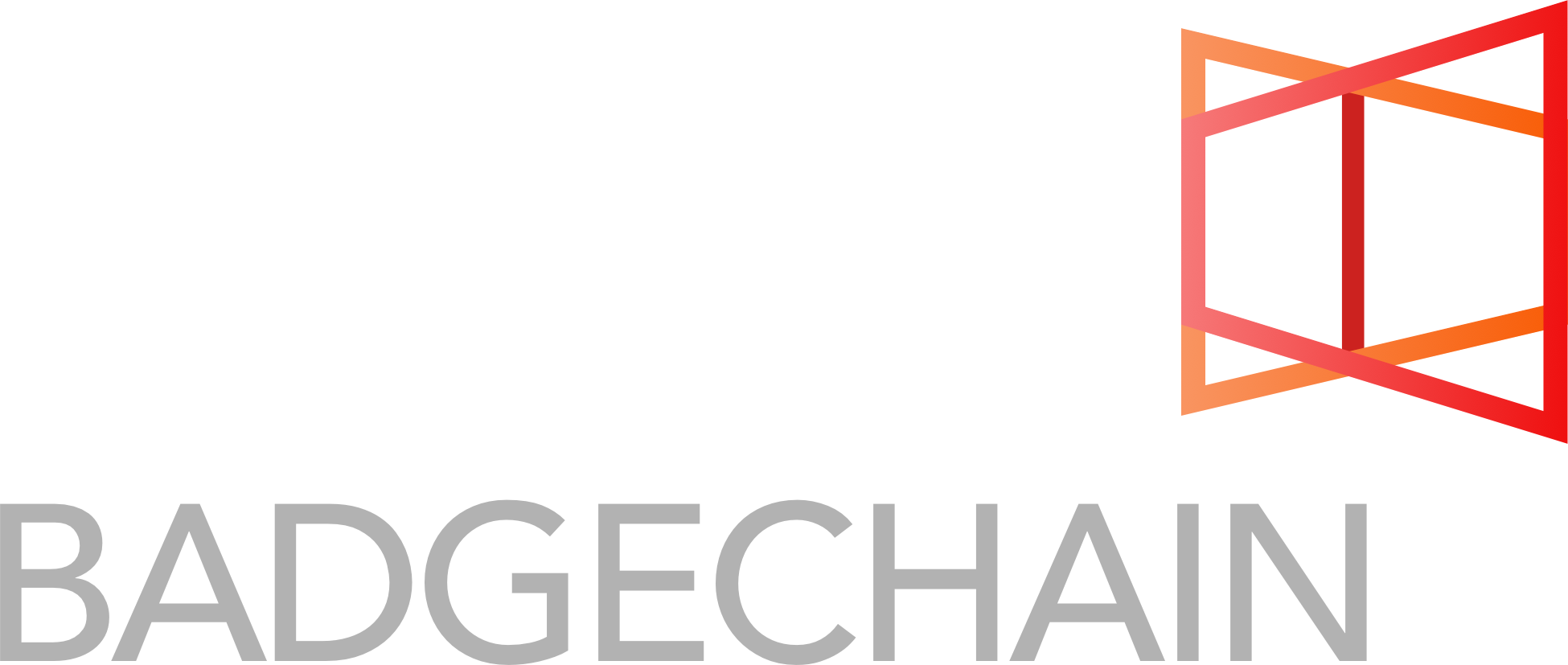August 10th, 2017 | Carla CasilliWe tried to avoid writing about it but we just couldn’t. When something as big as the most traded, loved, hated, discussed, envied, reviled alternative currency decides to do a hard fork, well, we just couldn’t avoid it. What does it mean to develop a cryptocurrency that is supposed to be based on rock-solid software and immutable structure only to have a group of your users / investors / miners / owners say this isn’t working as planned and we need to change it?
We’re talking about Bitcoin. What a complicated life it has led already in its relatively short time on earth. With its mysterious beginnings and now its astronomical valuation, Bitcoin is a true trailblazer in the world of cryptocurrencies. So, how do you get from there to Bitcoin cash, the newest iteration of Bitcoin? From one Bitcoin blockchain to two? In a word, scale. Or put more completely, the desire to tighten up the lags that have occurred with requests for processing and actual mining.
Feels like we might just be experiencing the Bitcoin equivalent of the New Coke vs. Coke Classic challenge. Except that Coke has never come near costing $3300+ a can. Sure Bitcoin cash currently trades at a valuation that’s several orders lower than Bitcoin, but for how long? If it lives up to its hopes, then speedier transactions may just prove far more compelling than its progenitor’s current process does. Also, the split meant that any Bitcoin owners received the same amount in Bitcoin cash, essentially doubling their holdings. A few cryptocurrency exchanges like Coinbase are not recognizing Bcash yet, so those unlucky holders lost out on the doubling effect. Still, this approach is a compelling strategy with few seeming downsides—for now. So, for those of us watching this event from the sidelines, it appears that the battle for Bitcoin supremacy is now on.
~ ~ ~
Here are the articles that inspired and informed this newsletter. We recommend them to you as interesting data points in your consideration of education and decentralized technologies.
July 27th, 2017 | Carla Casilli and Kerri LemoieThe web is built on trust. We trust that our credit card numbers won’t get stolen when we buy things. We trust that the website or app where we enter personal data is what it claims to be. A site’s brand or reputation may create a sense of security but it’s actually a tool—encryption—that makes things safe.
Encryption is a type of cryptography that uses math to encode information. It is a highly useful and dynamic tool that ranges from limiting who has access to content to proving identity. When we see green padlocks on our browser address bar or https:// in the url, it demonstrates that a digital certificate has been installed proving that the website’s identity has been verified and also that the data is encrypted until that very website receives it. Nearly every website that collects data uses (or should use) encryption. But what does this have to do with blockchain and why does it matter that we understand it?
Encryption is often based on a system of public and private key pairs – also referred to as asymmetric keys. The keys are long alphanumeric strings that are mathematically related. Aptly named, the public key is available publicly, where the private key is intended to be kept confidential by its owner and entities the owner trusts. Since the public and private keys are related, if information is encrypted with the public key, its private key is the only one that can decrypt it.
Blockchains use encryption to prove the ownership of data. They can also use encryption to provide security and privacy. On public blockchains, like Bitcoin, encrypted data can be embedded as part of the transaction. As increasing numbers of blockchain based applications come to market, key management will become a critical aspect for adoption. Key owners are responsible for their secure storage because if a private key is lost, the proof of ownership and access to the related data is lost too.
Blockcerts.org is an example of an initiative that encrypts digital credentials and issues them as certificates on the Bitcoin blockchain. The recipient of the digital credential is provided a private key by the credential issuer. The key is necessary to decrypt the credential and share it with others. In an instance like this, a lost private key could mean lost access to the digital credential. In the world of fintech, the same principle works for Bitcoin, too, which are currently valued at 2577.80 USD. It’s painful to imagine the impact a lost hard drive could have on one’s wallet.
Happily, for those absent minded of us, application developers are working to create interfaces that assist with key management, and there are projects underway that may make it possible to recover lost keys. In the meantime, work on your memory palace and appreciate the value and impact of encryption because the future is looking increasingly blockchain-based.
~ ~ ~
Here are the articles that inspired and informed this newsletter. We recommend them to you as interesting data points in your consideration of education and decentralized technologies.

Follow Us